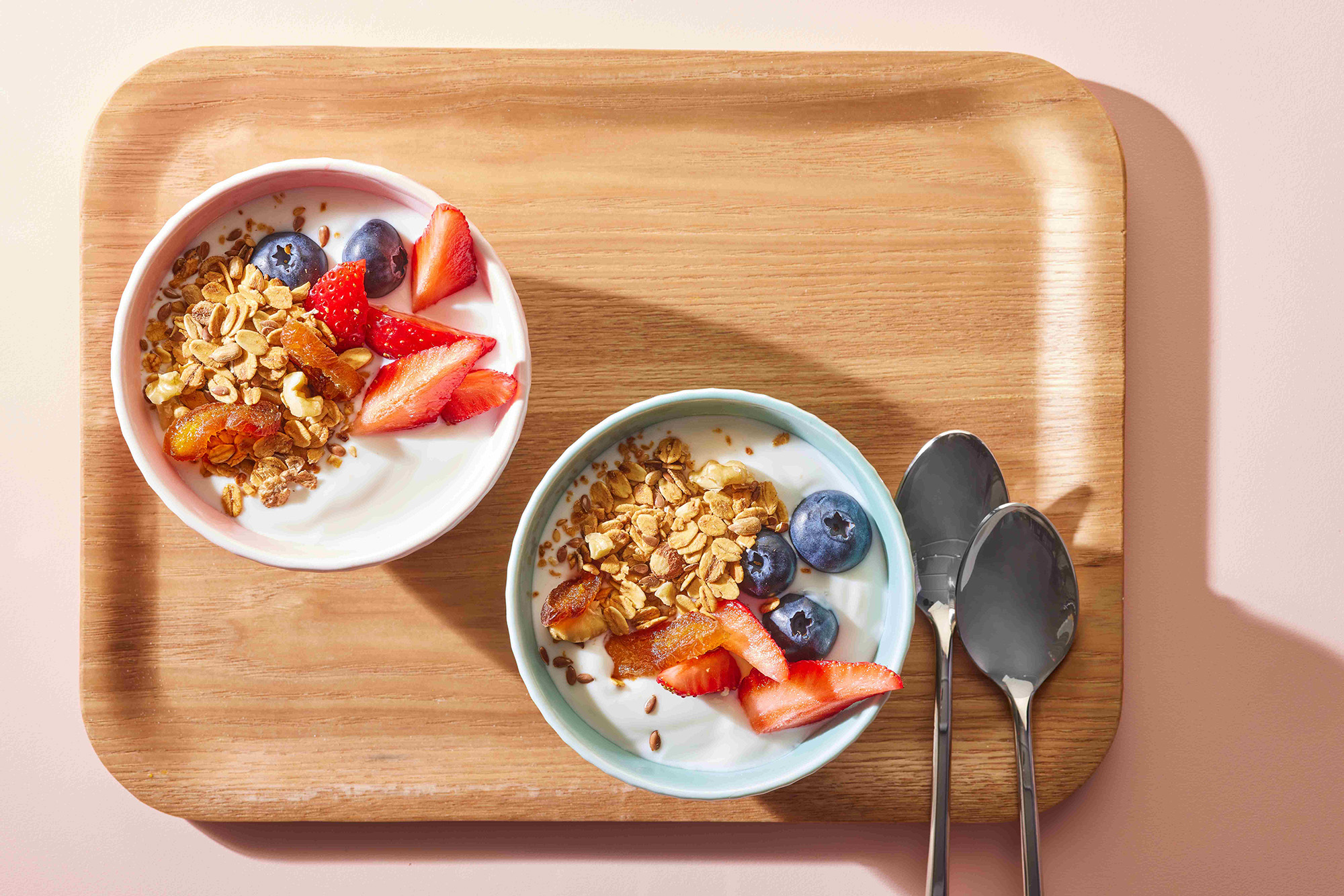

CarobWay unveils CarobBiome prebiotic fiber to target gut health and GLP-1 diet trends
Food-tech startup, CarobWay, is launching its new carob-derived prebiotic fiber, CarobBiome, positioning it as a natural solution for consumers seeking better gut and metabolic health, particularly those following GLP-1-based diet plans. The company will debut the ingredient at IFT FIRST 2025 in Chicago this July.
CarobBiome is derived from the carob fruit, a crop with roots tracing back to biblical times. The ingredient contains naturally occurring polyphenols and is designed to nourish the gut microbiota without causing bloating, gas, or discomfort that many fiber ingredients are known to trigger. Preclinical trials are underway to further evaluate its prebiotic benefits.
“Not all prebiotics are equal,” commented Udi Alroy, CEO & Co-founder of CarobWay. “While many fibers on the market can cause some level of stomach discomfort, CarobBiome is specifically designed to ease bloating and maintain a happy tummy. Moreover, it is completely natural, vegan, and allows for a clean, simple ingredients label. It also is highly nutritious.”
CarobBiome contains about 85% fiber, combining both soluble and insoluble fractions. Insoluble fibers help regulate bowel function and contribute to the product’s low-bloating potential. Soluble fibers provide prebiotic benefits, help balance the microbiome, and contain powerful antioxidants. Prebiotics, in turn, are increasingly linked to benefits like appetite regulation and support for healthy blood-sugar levels.
CarobWay’s innovation arrives amid rising interest in nutritional solutions tied to gut health, metabolic wellness, and weight management. That trend has gained momentum as more consumers turn to GLP-1 therapies, medications designed to help regulate appetite and blood glucose.
“With increased focus on GLP-1, and digestive health topping consumer priorities, our prebiotic carob fiber offers a potent, natural solution for both trends,” Alroy said. “As GLP-1 users and those dieting in general are eating less, they need to be sure they are getting more from every bite they consume. This includes more nutrient-dense foods imbued with protein and fiber. CarobBiome is rich in fiber, making it an ideal support for GLP-1 diets, and it delivers valuable micronutrients.”
Soluble fibers like those in CarobBiome can help slow digestion, supporting feelings of fullness, which is key for weight management. These fibers also improve gut comfort thanks to their ability to hold water and feed beneficial bacteria. Such bacteria produce short-chain fatty acids, which nourish the gut, help maintain metabolic health, and may stimulate the release of GLP-1, the same hormone that manages appetite and blood sugar levels.

Market research from Innova Market Insights shows fiber ranks as the second most sought-after functional ingredient for consumers after protein. Interest in fiber is particularly strong among US shoppers, growing with age, while younger consumers are showing heightened interest in prebiotics specifically. Although fiber claims are common on product labels, prebiotic-specific claims are beginning to rise as consumers look for targeted digestive and metabolic benefits.
The launch of CarobBiome could help brands reformulate or expand 'better-for-you' product ranges. CarobWay reports that the ingredient has a neutral flavor profile without bitter notes, is heat stable, and can be integrated into applications such as baked goods, confectionery, nutrition bars, snacks, meal replacements, and shakes. All of these are potential options for products aimed at consumers seeking GLP-1-compatible diets and weight management solutions.
CarobBiome is entirely vegan, free from allergens, and non-GMO, aligning with broader trends toward clean-label products.
Sustainability is a central part of CarobWay’s story. CarobBiome is produced from upcycled carob pulp, supporting a zero-waste approach. Carob trees, native to rocky, non-arable lands where few other crops can survive, require little water and thrive without chemical fertilizers or pesticides. They also demand relatively low labor inputs and are naturally resistant to pests and drought.
These characteristics make carob a resilient, cost-effective crop well suited for regenerative agriculture. Carob trees, being deep-rooted perennials, also contribute to carbon sequestration and help sustain soil health and biodiversity. CarobWay cultivates its own trees, focusing on specific varieties known for desirable yield, functionality, and nutritional properties.
Attendees at IFT FIRST 2025 can visit CarobWay at booth #S3470AR in the start-up pavilion to learn more about CarobBiome and see its potential applications firsthand.
If you have any questions or would like to get in touch with us, please email info@futureofproteinproduction.com


-p-800.jpg)



